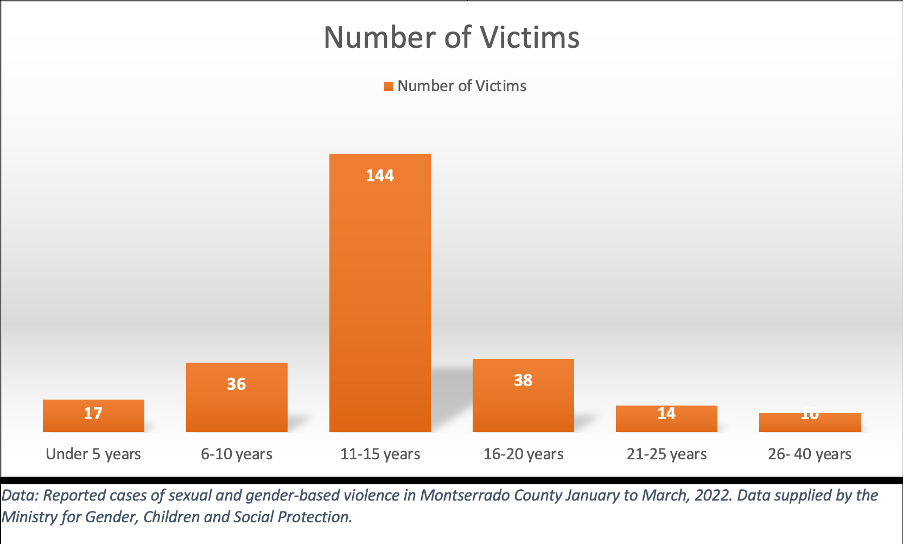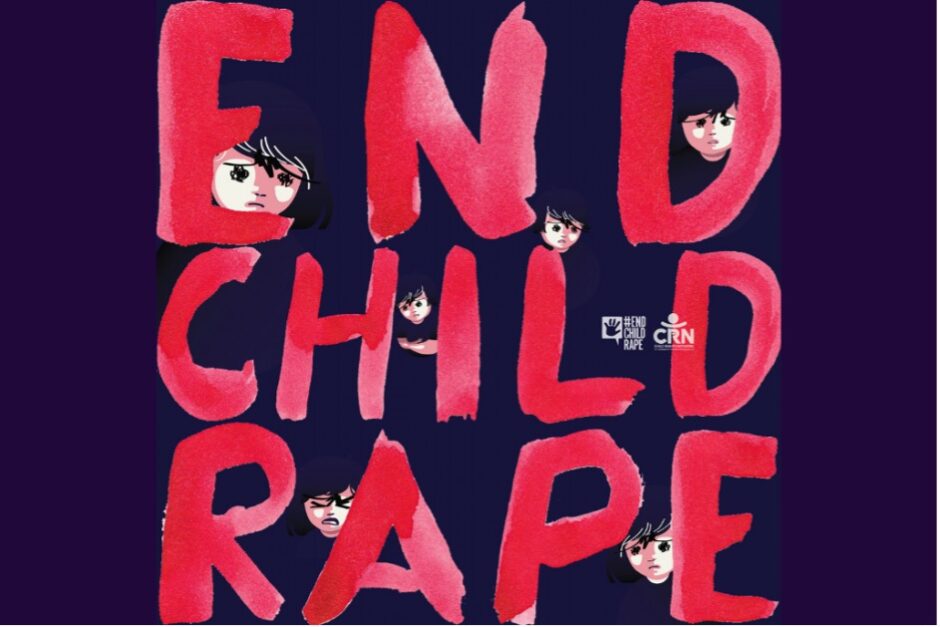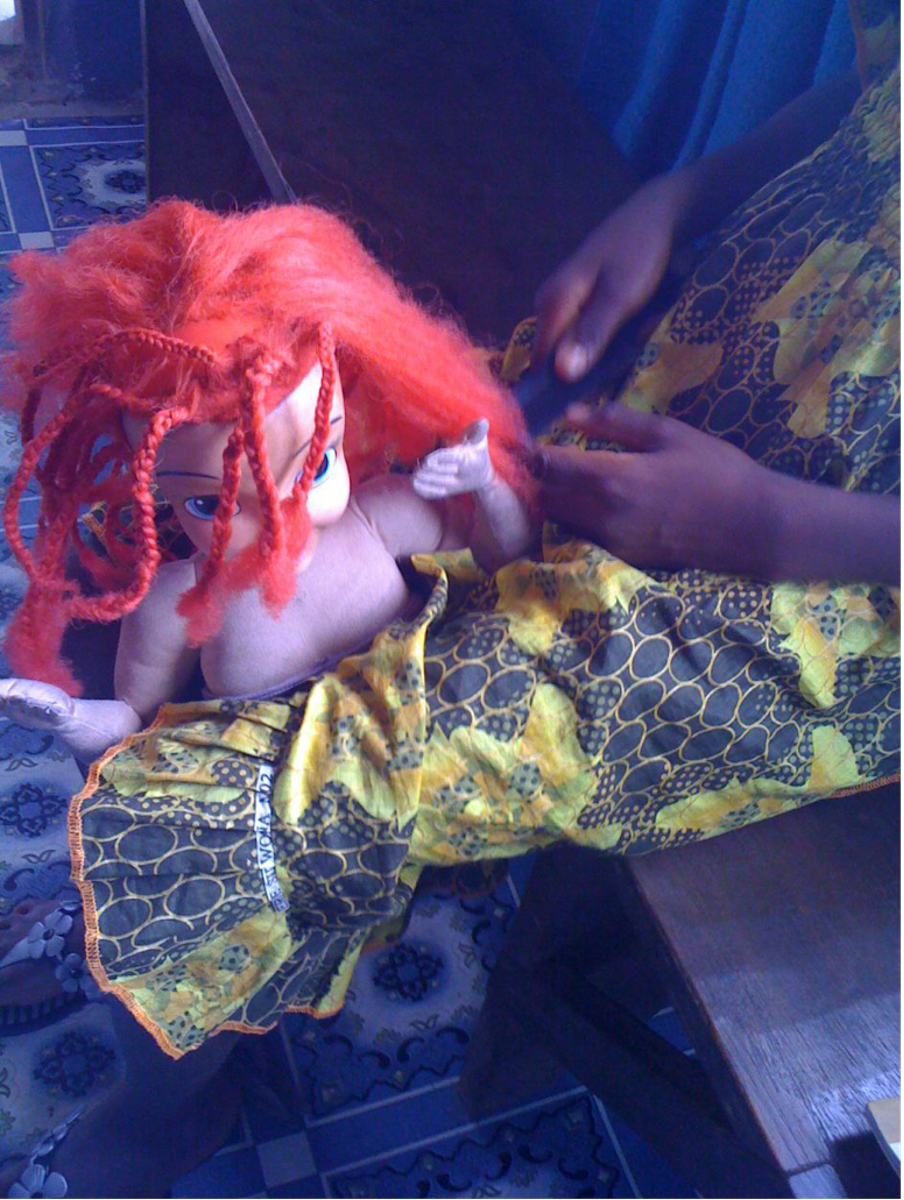
Martu Yardolo had just turned 17 when she says she was given a drug hidden in a drink and gang raped by three men. It was the night of her birthday. Yardolo was looking forward to celebrating with her friends. Instead but it ended in violence that has destroyed her world
Commentary by Evelyn Kpadeh Seagbeh with New Narratives
Martu, whose real name is being withheld because of stigma, says she was betrayed by a male friend from her Mount Barclay community near Monrovia, who masterminded the rape with two friends. Since the rape – in 2021 – the perpetrators have been on the run.
Beaten and with internal injuries, Martu was treated at a local clinic. Her family was determined to hold the perpetrators to account and so reported the attack to local police. But ever since no arrest has been made. The family has tirelessly made follow-ups with the police and the community but to no avail.
Martu’s uncle is still white hot with rage. He says his niece’s rape and the relentless number of rapes in Liberia are a ‘silent war’ against Liberian children.
“Some men are just evil. How will a man who is in his right sense rape a two, five, or six year- old-child?” he asks, shaking with anger. (His name is being withheld to protect the family’s identity.) “For me, I want to agree with the chief of staff (of the Armed Forces of Liberia) that rapists be given capital punishment. That will put an end to men raping children and for me, it will be fine like that.”
Martu’s uncle is not alone. It’s nearly two years since President George Weah made his September 2020 declaration that rape was a national emergency after a spate of horrific cases made headlines in the country. The president unveiled a plan designed was to bring relief to Liberian girls and women, deter perpetrators, and fast-track the adjudication of cases.
He designated a specific prosecutor to handle rape cases, set up a national sex offender registry and a national task force to handle sexual and gender-based violence cases. He allocated $2 million to address rape and other forms of gender-based violence.
But as the second anniversary of his declaration approaches, little has changed for Liberia’s children.
The true number of women and children raped in Liberia is unavailable because most rapes go unreported. But girls under 15 bear the heaviest burden according to data collated by the Ministry of Gender, Children and Social Protection. Of the cases reported to sexual violence clinics in Montserrado, the biggest county by population, seven out of every ten were perpetrated on girls under 18 years of age.
There was a slight drop in cases reported to the Ministry in 2021, possibly because of the Covid-19 lockdowns, but data for the first quarter of this year suggests 2022 is on track to be one of the worst years on record for gender-based violence.
A sense of crisis is playing out in the headlines. A Front Page Africa report in February of the rape of a three-year-old child by her 17-year-old neighbor was a blow to advocates, especially the victim’s grandmother, herself a child rights advocate. But the case was just one of more than 20 cases of child rape that were reported in the media within the space of three months.
It is impossible to know whether that is a reflection of an increase in reporting or an increase in attacks. What is clear is that the scourge of rape continues to plague Liberia’s children despite efforts by Presidents Sirleaf and Weah and the international community.
We as Liberians must ask ourselves an important question: Why do our men continue to rape children?
Rape was widely used as a weapon of war by all factions in Liberia’s civil wars that ended in 2003. Children were not spared. Rape of children was driven by false traditional beliefs that it would bring success. The violence continued in the decade after. A 2016 report by the United Nation’s Human Rights and Protection Service found rape and domestic violence were the second most commonly reported serious crimes in Liberia. The report called the number of reported rapes in all 15 counties “extremely high.”
Experts have given a range of reasons why rape continues. The traditional belief that sex with children brings luck is still widely cited.
“I am confused when I hear that having sex with a child brings luck,” says Gloria Nancy Program coordinator at Action Aid Liberia, a women and children’s rights organization. “What kind of luck is that? That’s just crudity and that’s the mind perception the perpetrators carry on for which we continue to see rape on the increase from top to bottom.”

Men interviewed by Front Page Africa/New Narratives said they were at a loss to explain rapists’ actions.
“I find it difficult to understand why a 40-year-old man will rape a child when at that age he should be having grandchildren, so I don’t think they do it out of feelings,” said Marcus Garwhere, 35, a young intellectual from the Chinese Fence Community in Duazon.
“Hearing news of rape cases every day scares me a lot because I have a daughter. Rape has the propensity to take away a girl’s future and it causes lots of trauma to the point that it creates animosity in the heart of a girl against men. There’s no justification for men raping.”
Rape is a second-degree felony in Liberian law punishable with a maximum sentence of life imprisonment. In 2006 when the government passed the rape law, it also set up a dedicated court known as ‘Criminal Court E’ to fast-track prosecution of sexual offense cases. But winning convictions in cases of rape and other gender-based violence remains a major obstacle.
Delays Force Victims to Settle Out of Court
Two out of every three rape cases are yet to make their way to court, while 73% of GBV cases end without a result. Either final rulings are delayed indefinitely or survivor’s abandon their case because of threats from perpetrators’ families, difficulty in getting witness testimonies, and court delays.
Women’s protection advocates say, because of those delays, the majority of cases are settled between families, out of court and low conviction rates undermine the deterrent effect of prosecution. If a potential rapist doesn’t fear being punished, he is less likely to stop.

“The whole issues of the justice system is that the rape law is not being fully enforced and as a result of that we continue to see the acts of rape,” said Elizabeth Johnson, Country Director for Action Aid.
Martu’s family faced immense pressure to settle the case privately. Despite knowing the identity of the perpetrators they spent months trying to get a response from the police. The family of the ringleader asked to meet her parents to apologize. Yardolo’s parents agreed to hear the apology as long as the perpetrators were present. They hoped to set a trap, and have the police arrest the men. But they didn’t show up.
One controversy with the rape law is the fact that is a non-bailable offence. Just being accused of rape will send a perpetrator to jail to await trial, which can take years. Critics say that is unjust. It discourages survivors from pressing charges and undermines public support for prosecutions.
Attorney Yah Parwon says the law must remain tough.
“If we look at the level of impunity of perpetrators of violence against women, you cannot say you want to deal with something that is serious and then say let’s water it down,” Parwon says. “Why should we be concerned with the rape law being harsh rather than being concerned about those systems that cause rape or even supporting the justice system to have what it means to prosecute rape? The problem is holistic”.
Another obstacle to convictions has been a lack of forensic evidence. For decades police in other countries have been able to match DNA samples taken from semen left on survivors’ bodies. In March 2021 President Weah and Vice President Jewel Howard Taylor held a major press event to unveil two new DNA machines at JFK Hospital. But eighteen months later the machines are still idol.
“The DNA machines we have here at JFK are not yet functional and the necessary modalities are still being worked on through a collaborative effort of the Ministry of Health and JFK in getting the equipment to be functional,” said James Crayton a public relations officer for the hospital. But he promised that it is a priority and will happen “soon”.
A DNA machine procured under the previous Sirleaf administration was also never used.
While governments and courts fail to protect Liberia’s girls Assistant Minister for Children and Social Protection at the Ministry of Gender, Maminah Carr Gaye has called on families to do what the government has not done.
“The rape situation is disturbing and very challenging. It’s challenging because it’s happening right in the homes, neighbors are raping their fellow neighbors’ children and fathers as well,” said Asst. Min. Gaye in an interview with New Narratives. “The truth is the Ministry of Gender cannot be in people’s rooms, homes, and everywhere at every time. That’s why we all have to fight it.”
Martu continues to pay a heavy price. She suffers from trauma and cannot live in the community where the rape happened because of the stigma she now carries. She and her family are still looking for justice. Martu’s uncle says his only prayer now is to see his niece’s three rapists pay for their crimes in court.
This report was produced in collaboration with New Narratives as part of Investigating Liberia. Funding was provided by the US Embassy in Liberia. The funder had no say in the story’s content.
